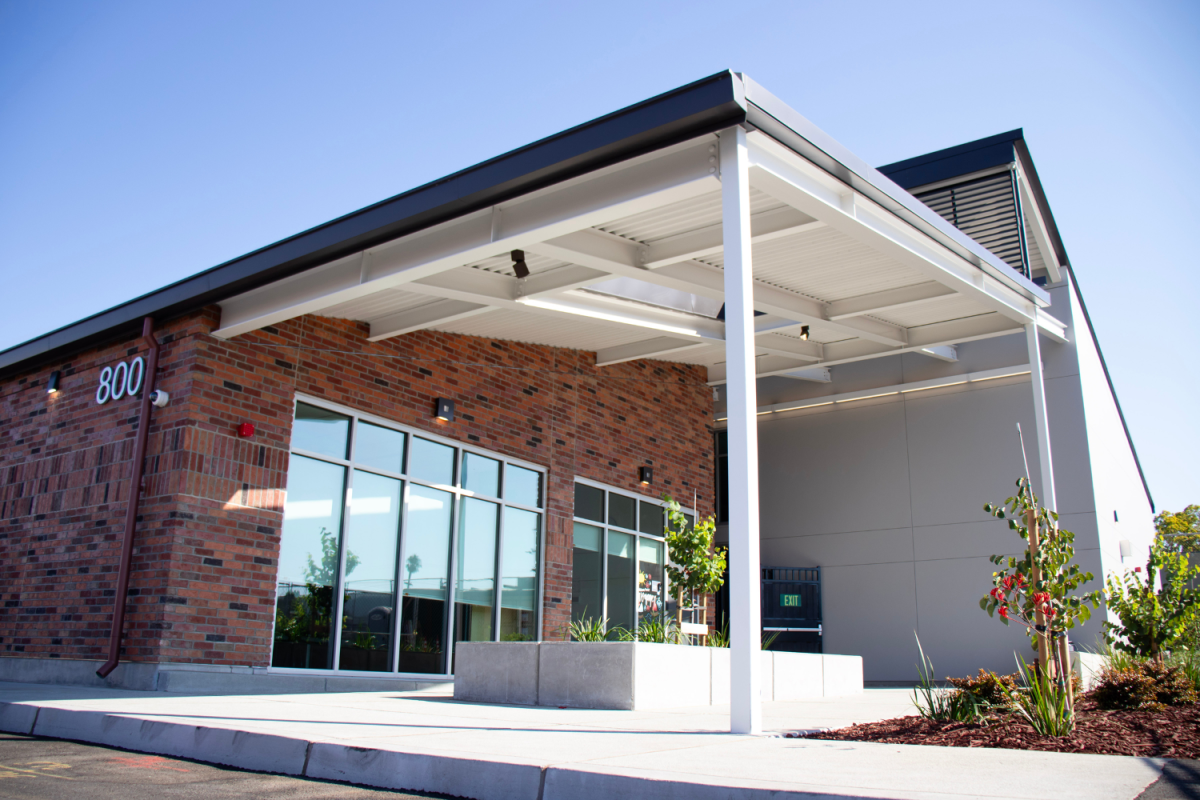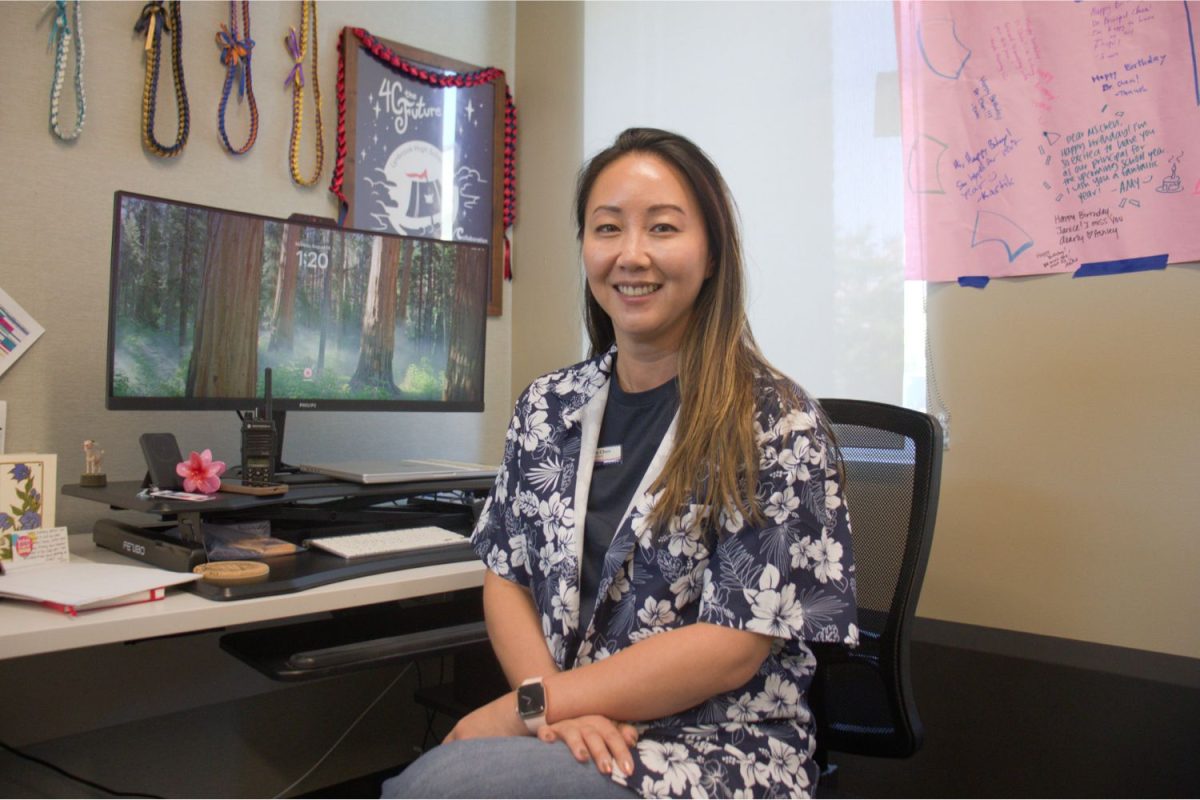On Aug. 19, Lynbrook took 10th place out of 1,646 high schools in California and 86th out of 17,901 high schools nationally in the U.S. News & World Report. The ranking was a result of students’ high subject competence levels and high AP exam pass rates, as well as several other considerations, including the college readiness index, the state assessment proficiency and the graduation rate. The school has a 90% AP exam pass rate and state test scores that exceed district averages by 11-18% and state averages by 44-71%. Lynbrook received a score of 99.52 out of 100 overall.
Community:
The city of Santa Clara hosted the annual Parade of Champions on Oct. 4 around Franklin Square, a festival that has operated since 1969 and involves game booths, competitions and food trucks. The festival garnered support from local businesses and nonprofits, such as JW House. Competitions involving marching bands, dance teams and community-made floats allowed participants to win up to $5,750 in prize money. Looking to give back to their community, the Parade of Champions also offers scholarships for high school seniors. This year, the festival welcomed guests like Olympic athletes and community leaders.
National:
Waymo, a Mountain View-based self-driving car company, has increased the number of its vehicles on the road, welcoming 240,000 more weekly trips from May 2023 to April. This is likely due to safety updates. Waymo was founded in January 2009 and launched publicly in San Francisco in August 2021. It now has a net worth of about $45 billion. Waymo cars have seen steady improvement, reporting an 85% reduction in injury-causing crash rates and a 57% reduction in police-reported crash rates since December 2023. Their cars have exceeded human standards in over 7 million miles of autonomous driving.
International:
Matcha, a kind of powdered Japanese green tea, has become so popular that it is causing shortages in Japan, spiking prices and causing brands to limit the sale of certain matcha products. This spike in popularity can be credited to its prevalence on social media and various health benefits. Many traditional matcha farms are generational, so as farmers age, they struggle to keep up with demand. Matcha is produced in several flushes, which produce different flavors of matcha. This annual cycle contributes to the pressure. The shortage can also be attributed to climate change, causing matcha farms to yield less product.






































































